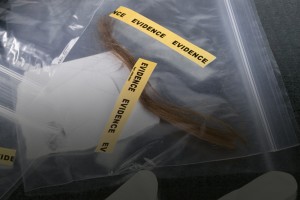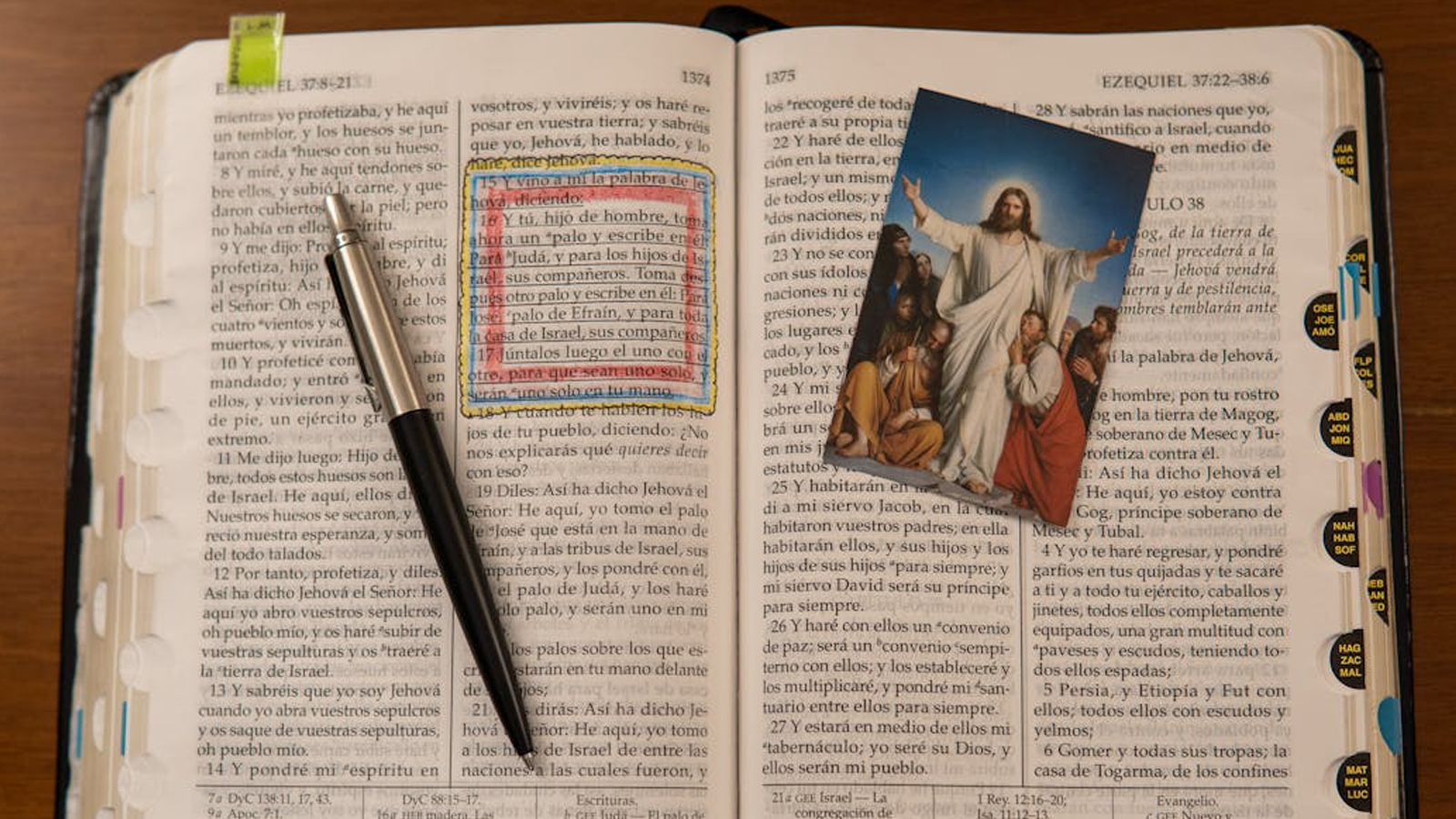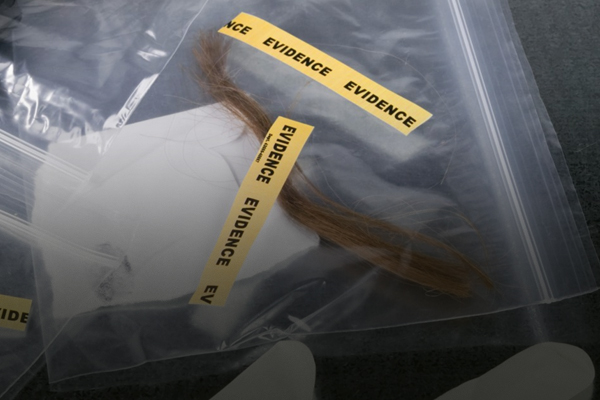
I’ve seen unreasonable expectations impact the way people view the New Testament. Bart Ehrman clearly held a view of Biblical inerrancy that crippled his opinion of the Gospels once he discovered the presence of textual variants. As an atheist coming to the text for the very first time, I reacted very differently to the alleged “contradictions” I saw in the Gospel accounts and to the discovery of scribal insertions and variants. I had already been working criminal investigations for many years and understood the nature of eyewitness accounts. I knew that witnesses seldom agreed on details of the same crime, that witnesses could be wrong about a particular detail yet still considered reliable by a jury or a judge, and that juries could arrive at proper conclusions with less than complete information. In other words, my initial evidential expectations were appropriately modest. I didn’t expect perfection and I didn’t require it. Instead, I was concerned about reliability and I understood that dependability was not reliant on perfection.
There are dangerous presuppositions that hinder investigations. My personal, dangerous presupposition was philosophical naturalism. It prevented me from exploring any reasonable explanation that might include a supernatural cause. But there’s another dangerous presupposition that many of us take for granted, and it’s just a debilitating as philosophical naturalism. We have to be careful to avoid “evidential perfectionism”. No worldview can answer every important question; no worldview is evidentially perfect. As an atheist, I could not account for the beginning of space, time and matter or the appearance of life from inanimate materials, yet I was comfortable in spite of these unanswered questions and absence of evidence. Now, as a Christian Case Maker, I recognize that it’s important to help people understand more than the nature of the evidence for the Christian Worldview. We have to first help people understand the rules that govern this evidence. It’s not about what to think, it’s about how to think. That’s why it’s important for us to help people understand that they cannot expect evidential perfection in the cases we make for theism or Christianity. We can be certain about our conclusions, even though we have less than a perfect collection of evidence. We simply have to begin by reigning in our perfectionist presuppositions. Share on X
This year’s AMP Conference was the perfect place to examine both the nature of evidence and the body of evidence available to make the case for God’s existence and the truth of Christianity. I actually learned a lot from the Reasons to Believe speakers. But I also realize I’ve got to do more than collect evidence from the experts; I have to retain a reasonable expectation about what this evidence can demonstrate. There’s a reason why the standard of proof (the SOP) in criminal cases is “beyond a reasonable doubt” and not “beyond a possible doubt”. We can be certain about our conclusions, even though we have less than a perfect collection of evidence. We simply have to begin by reigning in our perfectionist presuppositions.

J. Warner Wallace is a Dateline featured Cold-Case Detective, Senior Fellow at the Colson Center for Christian Worldview, Adj. Professor of Christian Apologetics at Talbot School of Theology, Biola University, author of Cold-Case Christianity, God’s Crime Scene, and Forensic Faith, and creator of the Case Makers Academy for kids.
Subscribe to J. Warner’s Daily Email

























Pingback: Are Theists the Only People Who Have the “Burden of Proof”? | Cold Case Christianity
Pingback: Who has the Burden of Proof?
Jeremy Barlet
April 28, 2022 at 12:46 pm
Just purchased video series and facilitators guide. Where do I find Open the Case File section?